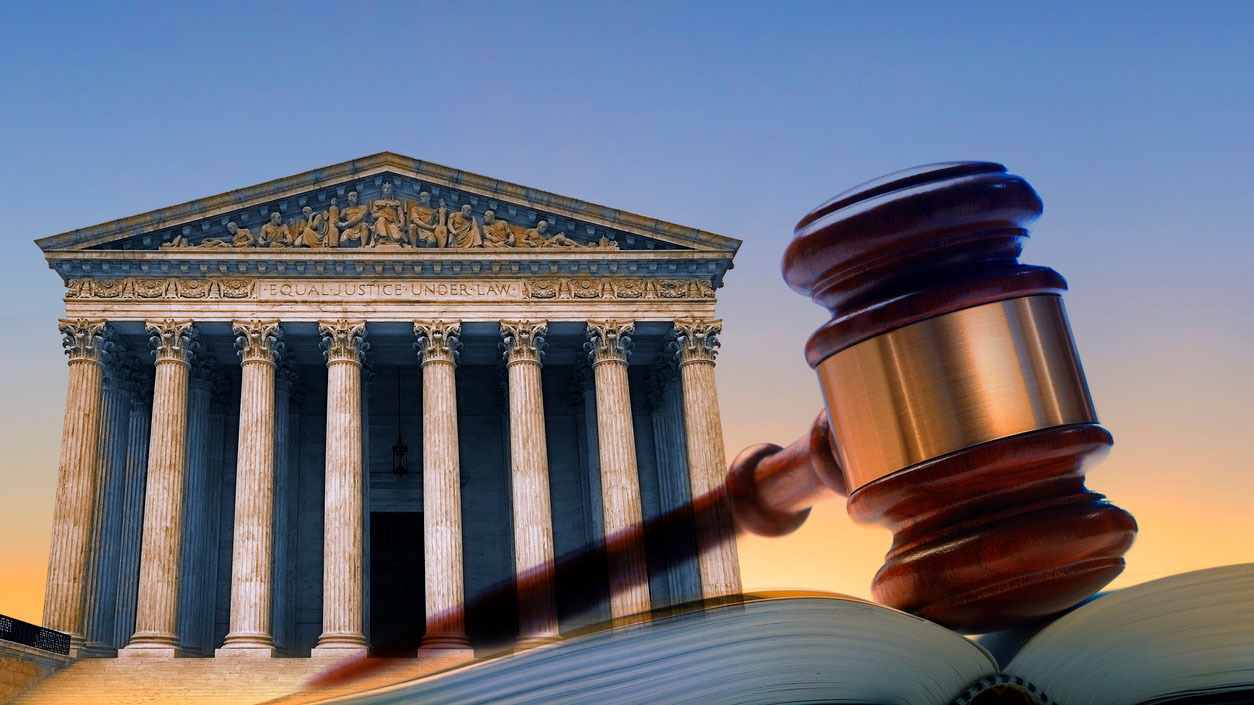Amicus Brief: College of the Ozarks v. Biden

The Manhattan Institute joined the Cato Institute and four other organizations on an amicus brief supporting a petition for the Supreme Court to review the question of whether regulated entities have standing to sue when a federal agency issues a new, binding mandate and fails to engage in the normal notice-and-comment process under the Administrative Procedure Act (APA).
In February 2021, the U.S. Department of Housing and Urban Development (HUD) issued—without that APA process—a “directive” prohibiting discrimination on the basis of sexual orientation and gender identity for all entities subject to the Fair Housing Act (FHA). Among those entities are colleges that provide dormitories, including religious colleges, and the FHA prohibits not just discrimination but also discriminatory speech. College of the Ozarks, a Christian school in Missouri, has long established occupancy, visitation, and conduct rules in its dorms based on sex, specifically defined by biology. The College regularly communicates those policies to current and prospective students. It sued, alleging that the directive violates religious liberty and free speech, as well as the APA and the FHA itself, which both require notice-and-comment rulemaking.
The district court dismissed the College’s complaint, and a divided Eighth Circuit panel affirmed, splitting with the Fifth and D.C. Circuits. Two members of the panel held that the College has no Article III injury (no constitutional standing) because federal agencies have not yet enforced the FHA mandate against religious colleges. And they further held that the College had no cognizable procedural injury because the College needed to additionally show a concrete harm. In dissent, Judge Stephen Grasz criticized the majority for “overlook[ing] an injury the College has already suffered—the deprivation of its right to notice and comment,” in addition to a chill on its speech and credible threat of liability. The College filed a petition asking the Supreme Court to allow a regulated entity to challenge an agency action in this context.
MI’s brief argues that the petition raises an important question about agency evasion of regulatory processes, which give interested persons input into rulemaking that imposes compliance costs, and that Supreme Court review is warranted to ensure that agencies follow notice-and-comment procedures when legally required. A right that can’t be enforced is no right at all.
Ilya Shapiro is a senior fellow and director of Constitutional Studies at the Manhattan Institute. Follow him on Twitter here.
Photo by DNY59/iStock
Are you interested in supporting the Manhattan Institute’s public-interest research and journalism? As a 501(c)(3) nonprofit, donations in support of MI and its scholars’ work are fully tax-deductible as provided by law (EIN #13-2912529).